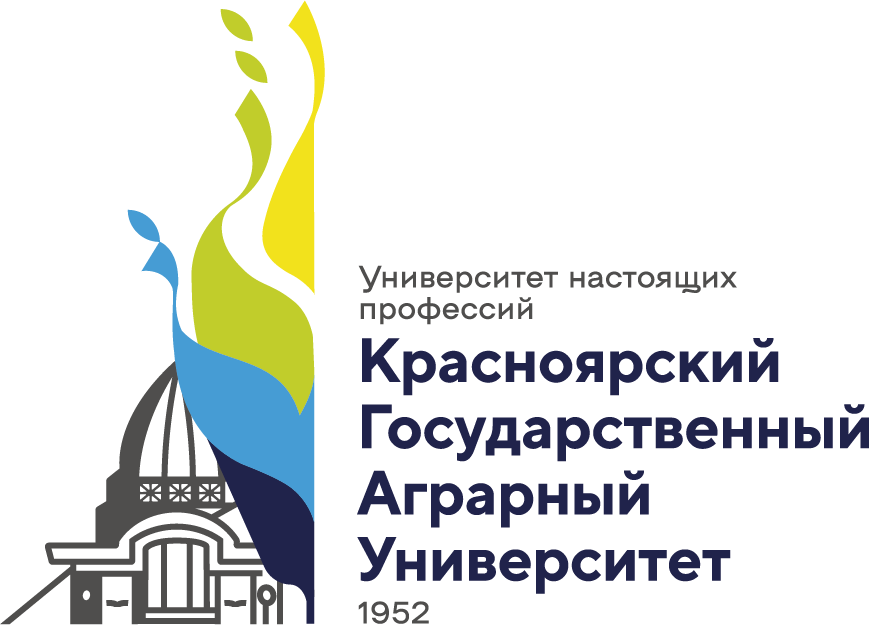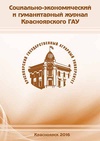Socio-cultural norms in a regulated (space) spiritual realm are imposed as social relationships in which social actors reside, and whereby given a chance to act, as well as improving them along with other social relations. The communication of socio-cultural phenomena reflected in the fact that the change in some socio-cultural elements such as social norms, causes a change in the other social elements such as social institutions. It is in direct (social communication) and indirect (social relation) is realized in con-sistency of the existence of sociocultural norms. This implies that if you vio-late these connections and relationships in a particular state and society there is disharmony, rupture of these linkages, leading to a state of social chaos. According to the principle of social order, harmony of social relations involves a variety of relationships and socio-cultural norms attitudes, which is relevant in so far as it is able to make space for the development of social relations and mediate the relationship of social institutions. However, you must keep in mind certain ratio of the institutions of society and the state, ensuring the viability of socio-cultural norms, i.e. what is in this attitude and reveals itself in qualities relevant to this relation. Socio-cultural norms, de-fined as social attitudes that act as a result of the withdrawal of social un-certainty, therefore, socio-cultural norms require appropriate illumination and appropriate and adequate theory of concepts. Thus, as social norms ac-cording to the principle of social order, inseparable from other social rela-tions, the development of social and cultural norms are in the process of de-velopment and improvement of social relations. The process of development of social relations occurs as a serial process of removing one dialectical to-tality of social relations ordered another set of organized social relations.
socio-cultural norms, society, dialectics, social relations
1. Fridman T. Ploskiy mir: Kratkaya istoriya HHI veka / per. s angl. M. Kolopotina. - M.: AST, 2006. - 601 s.
2. Platon. Sochineniya: v 4 t. T. 1. - M.: Mysl', 1990.
3. Rozhanskiy I.D. Razvitie estestvoznaniya v epohu antichnosti. - M.: Nauka, 1979.
4. Aristotel'. Sochineniya: v 4 t. T. 1. - M.: Mysl', 1976.
5. Antonov D.A. Social'no-filosofskiy analiz obschestvennogo pro-gressa. - Krasnoyarsk: Izd-vo SibGTU, 2005.
6. Raybekas A.Ya. Vesch', svoystvo, otnoshenie kak filosofskie katego-rii. - Tomsk, 1977.
7. Uemov A.I. Sistemnyy podhod i obschaya teoriya sistem. - M.: Mysl', 1978.
8. Toynbi A.Dzh. Postizhenie istorii: per. s angl. / sost. A.P. Ogurcov. - M.: Progress, 1991.
9. Butashevich-Petrashevskiy M.V., Volodin A.I., Shahmatov B.M. Nabroski rechey // Utopicheskiy socializm v Rossii: hrestomatiya / obsch. red. A.I. Volodina. - M.: Politizdat, 1985.
10. Tutov L.A. Filosofiya hozyaystva: prostranstvenno-vremennoy as-pekt // Vestn. Mosk. un-ta. Ser. 7. «Filosofiya». - 2002. - № 5.
11. Churinov N.M. Vidy social'nogo progressa // Kul'tura informa-cionnogo obschestva: sb. nauch. tr. - Krasnoyarsk, 2003. - S. 38-51.
12. Gak G.M. Dialektika kollektivnosti i individual'nosti. - M.: Mysl', 1967.








